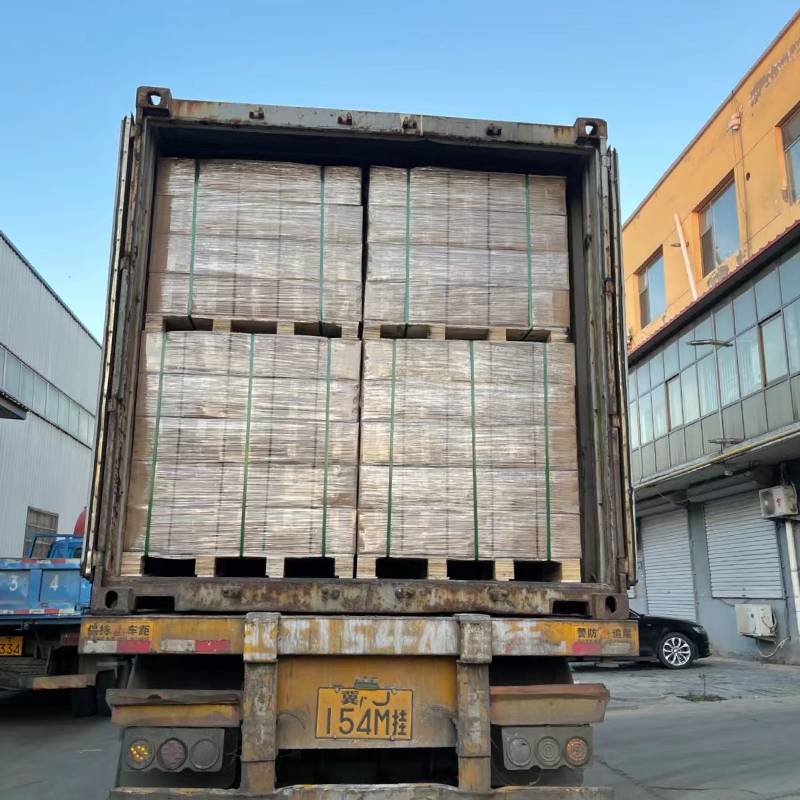
- Mobile Phone
- +8613931874955
- sales@cntcmetal.com
light duty torsion spring
Understanding Light Duty Torsion Springs
Light duty torsion springs are essential components in various mechanical systems, providing a reliable and efficient means of storing and releasing energy. These springs function by exerting a torque, rather than a linear force like traditional compression or extension springs. This unique characteristic allows them to be utilized in applications where space is limited or where rotational motion is required.
Torsion springs are designed to operate by twisting or rotating around a central axis. They are typically manufactured from high-quality materials such as stainless steel or music wire to ensure durability and resistance to fatigue. The design of a light duty torsion spring includes a body, which is the coiled section, and arms that extend from either end to allow for attachment to other components. The ability to twist and then return to its original shape is crucial for the performance of these springs.
One of the most significant advantages of light duty torsion springs is their versatility
. They can be found in a multitude of products, ranging from simple household items like clothespins and door hinges to more complex machinery where precise movement is necessary. For instance, in automotive applications, these springs play a critical role in mechanisms such as throttle controls and sunroofs, ensuring smooth operation while maintaining safety.light duty torsion spring

When selecting a torsion spring, it is essential to consider factors such as torque requirements, available space, and the materials involved. The torque generated by a torsion spring is determined by its design, including the coil diameter, wire diameter, and the number of coils. Engineers often use specific formulas to calculate the expected lifespan and performance characteristics of the spring under various conditions.
Installation of light duty torsion springs must be performed with care to avoid premature failure. Incorrect positioning or excessive twisting can lead to deformation or breakage. Therefore, it is crucial to follow manufacturer guidelines and industry best practices during installation and maintenance. Regular inspections can help identify potential issues before they result in mechanical failure, ensuring prolonged service life.
Another important aspect of light duty torsion springs is their customization potential. Manufacturers can produce these springs to meet specific requirements, tailoring dimensions, torque specifications, and materials to fit unique applications. This flexibility not only improves functionality but also contributes to overall efficiency and effectiveness in product design.
In conclusion, light duty torsion springs are vital components that contribute significantly to the functionality of various devices and mechanisms. Their ability to provide controlled rotational motion in a compact form makes them invaluable across numerous industries. By understanding their characteristics and applications, manufacturers and engineers can leverage these springs to create innovative solutions that enhance performance and reliability in everyday products.
share:
-
Yard Sign Stakes: Reliable Guardians of Outdoor SignsNewsAug.04,2025
-
Wall Ties: Invisible Guardians of Building StabilityNewsAug.04,2025
-
Resilient Web: The Super Guardian Power of Concrete MeshNewsAug.04,2025
-
Masonry Accessories: A versatile assistant on building foundationsNewsAug.04,2025
-
Iron Binding Wire: the 'invisible reinforcement specialist' in the fields of architecture and industryNewsAug.04,2025
-
Dynamic Spring: The diverse functions and excellent performance of Wire Tension SpringNewsAug.04,2025
-
Your Source for Concrete Wall Ties and Masonry AccessoriesNewsJul.10,2025



















